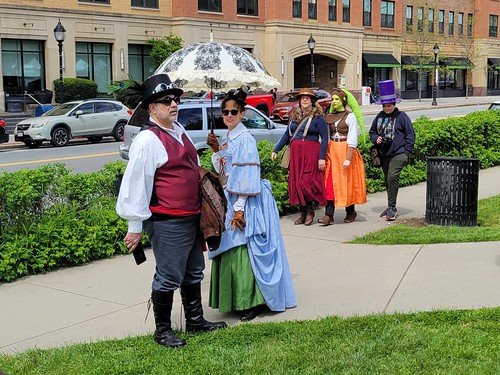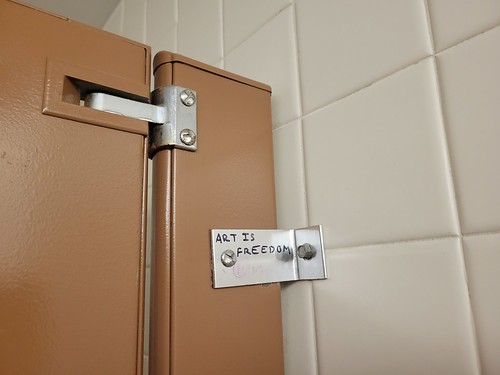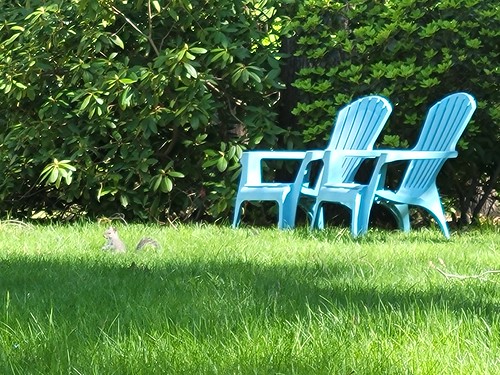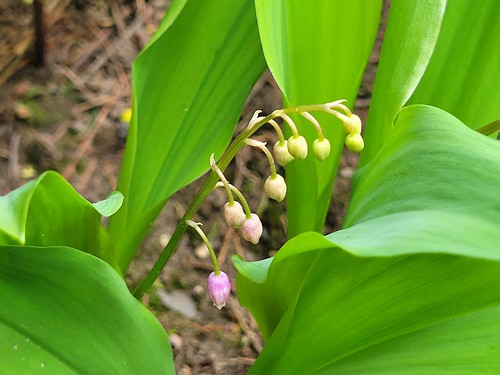Today is Mother’s Day–my first since my Mom died–and it’s a holiday that’s always been complicated.
Women face so much guilt and social pressure around motherhood. There is social pressure to have kids–I’ve felt this as a woman who chose not to–and a pervasive sense that whatever you do or choose, it will never be right.
You’re wrong if you have children and choose to continue working, and you’re wrong if you have children and stay at home. You’re wrong if you have children too soon or late in life, wrong if you have too many or too few children, and especially wrong if you choose not to have children at all. And of course, anything you do once you have kids is wrong: you’ll be blamed for being too stern or too lax, and you’ll be blamed for your children’s bad behavior or poor choices, no matter how old they are.
Years ago, my Mom told me that being a wife and mother means there’s always someone who hates you: your kids hate you when you’re too strict, and your husband hates you when you aren’t strict enough. No matter what you do, she said, someone will disapprove…and this bit of motherly truth gave me permission to choose my own child-free path. If someone is going to judge me no matter what I choose, why not do what I want?
Mother’s Day is complicated for children as well as moms: there are expectations for daughters, and I have unfinished business here. I have never regretted my decision not to have kids, but I continually regret not being there for my Mom as the Daughter Who Left. I sometimes tell colleagues that my Mom never forgave me for going to college, and what this means is I’ve never forgiven myself. I still regret not being more present during my Mom and Dad’s senior years, and I still regret not being there (because of work, geography, and other obligations) when each of them died.
Years ago when I was going through my divorce, I realized one of the things you grieve isn’t what you had in your marriage, but the things you wanted and never got. When you leave a marriage, you close the door on any possibility that your former spouse will ever give you the things you craved. You’re mourning the death of a dream as much as the loss of an actual reality.
In the months since my Mom died, I’m realizing the same kind of complicated grieving applies in this case, too. When your mother dies, you mourn the Mom you had–the flesh and blood person with all her quirks and characteristics–but you also mourn the Mom you never had, but wanted. Never on this side of the grave will your Mom give you the unlimited affection, attention, or approval you craved, and never on this side of the grave will succeed in being the perfect daughter.
They say a woman’s work is never done, and I’ll add that the relationship between mother and child is always unfinished, always imperfect, and always complicated. No matter what you do as a mother or child, someone will judge you for it, so try not to let that harsh critic be you.




























